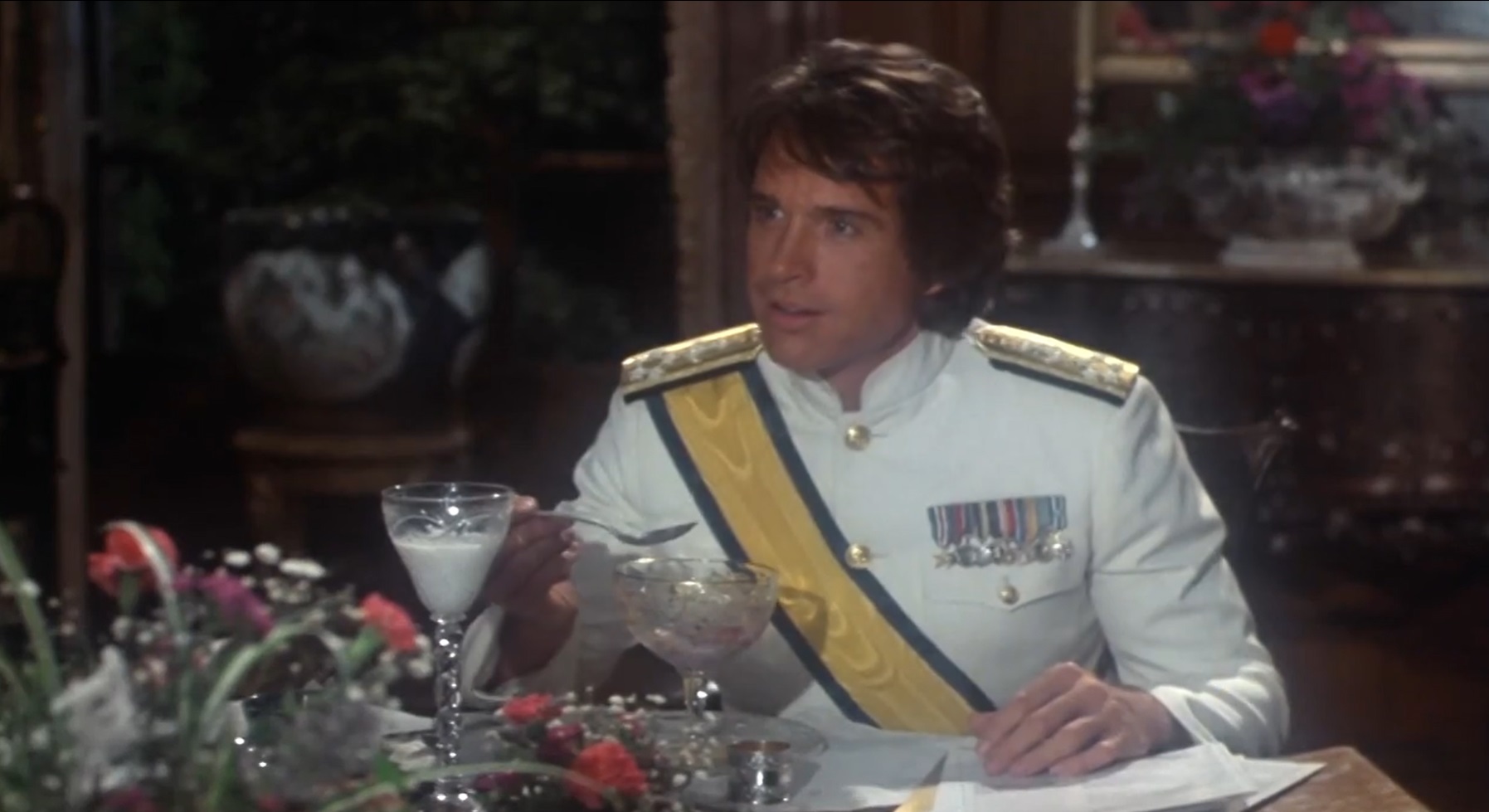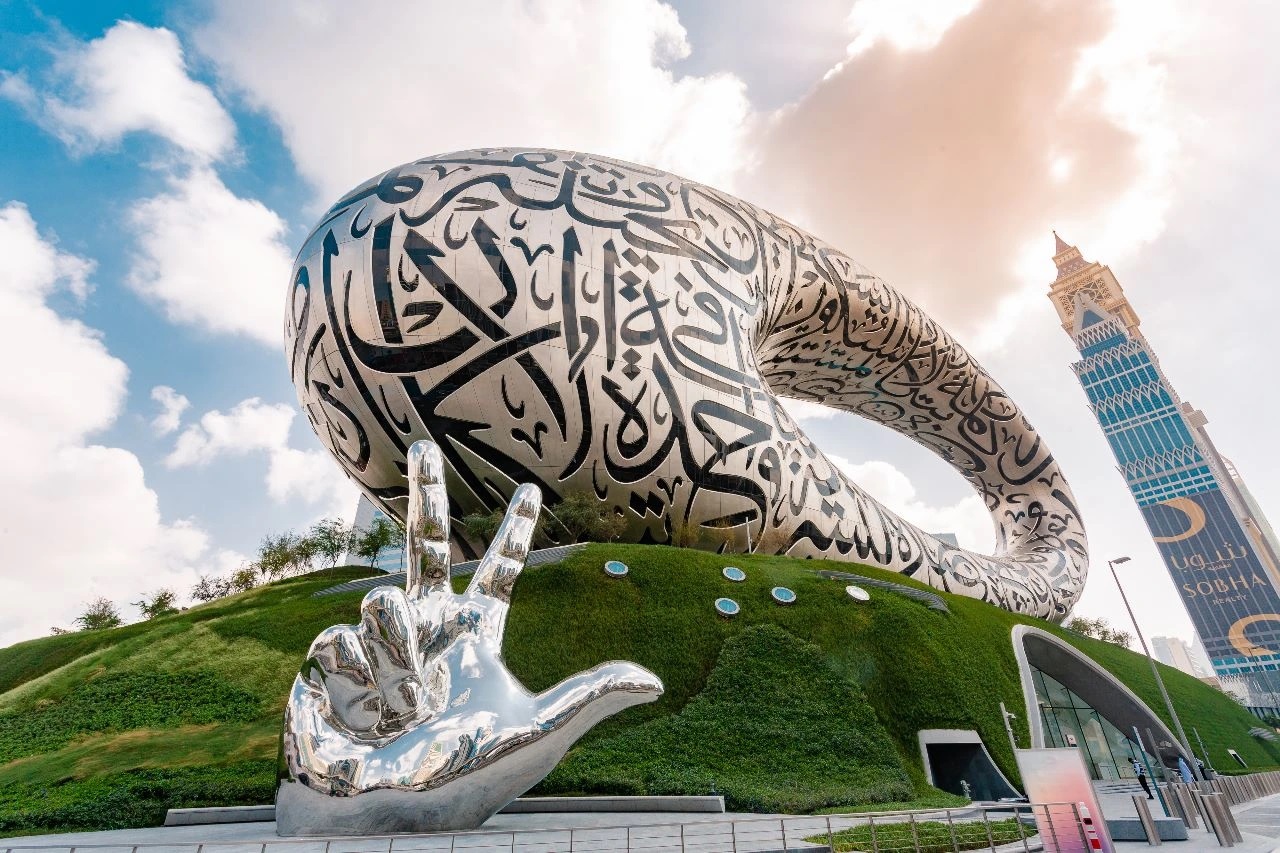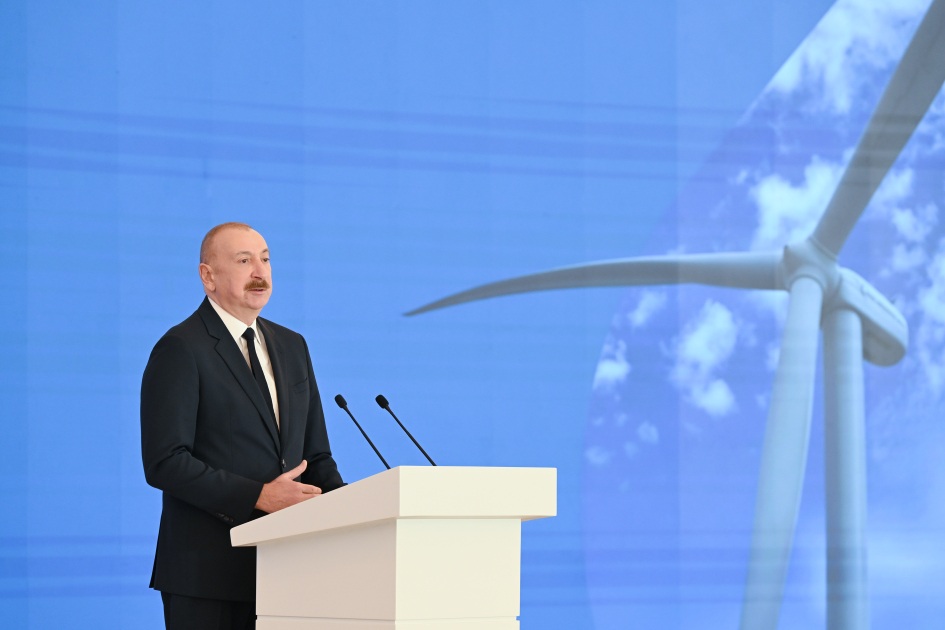
Being a great fan of secondhand books bought off the streets of Cairo (it’s the only affordable source of enlightenment) I frequently encounter the latest in Arabic genre literature. Hence, this interview with Eslam Hesham Abu Dewan, author of a book of short novellas ‘The Egyptian Planet and the End of the World’ (2016), a potent mix of science fiction, fantasy, and horror stories. The trailblazer SF story has Egypt becoming a superpower after it becomes a monarchy under the wise rulership of Hussam Al-Din Al-Diwani (2050-75), a man who turns things around by limiting population growth (two-child policy) and farming the whole country by paying anyone who will work with free clothes, food and education. I particularly liked the part where private tuition is a capital offense. Wishful thinking or a practical recipe for progress? Let’s ask him and find out!
By Emad Aysha
What attracted you to writing SF?
“After I completed my studies at Tanta University, College of Arts, Surveying and Maps Division, and then higher studies in geography. I had many odd jobs before graduating, and then I worked in my chosen field, surveying, after graduation and to this day.
I was drawn to writing since I was in high school, really because of my love of the Arabic language. And so I wrote short stories and both colloquial and classical Arabic poetry.
My favorite authors are Taha Hussein, Naguib Mahfouz, and Al-Aqad, and international writers Dostoevsky and José Saramago, a real literary genius. I grew up reading all the genres but found myself loving science fiction with Yousif Ezz Al-Din, Nihad Sherif, and Ahmed Khaled Tawfik.”
Tell me about “The Egyptian Planet and the End of the World” Parts I & II. Why does King Hussam Al-Din ‘close off’ Egypt economically and intellectually?
“I wrote that story as an idea for a short film about the near future, and I genuinely hope it never comes true! The story's opening is truly tragic, the state Egypt reached, although I wouldn’t mind what happens later with all the tremendous scientific advances, even with the price paid. As for isolation, economically and intellectually, I do think that would benefit Egypt but for an allotted time and no more. It would kick start the process of becoming self-sufficient.”
Having Egypt blasted into a sub-lunar orbit along with other upstart nations like China was also fantastic.
“The world of today is only concerned with private interests. Every state in the world only looks at its interests. If a developing country finally begins to become an economic player on the international scene, this would automatically threaten the interests of advanced nations and terrify them so that they would utilize their power in the most extreme way to destroy that state.”
Do you think America is planning to go to war with China?
“I don’t ever think that the American leadership would be stupid enough to lose so much with countless casualties just for a war with a country that is a premier nation economically and the third largest military power, according to the league tables.
That being said, they could enter an economic and psychological war utilizing new and unexpected methods.”
“Memories of a Space Alien in Egypt” is a comedic satire (سخرية, هجاء). Does science fiction always have to be serious, or can humor play a positive role?
“Here, I tried to list the kinds of problems people generally face in a satirical way to shed light on our failings but in an excellent way, without recrimination, and at the same time attract the young readership.”
You have several grizzly stories in your book, with betrayal, murder, and people being burned alive. Why has horror become so popular in Egypt?
“Horror has recently spread in Egyptian short fiction and novels and has gained considerable clout, drawing many authors to keep up with the genre. I did my stories to test myself and see if I could adapt. Fortunately, I had the idea clear before putting pen to paper.”
In your novella, you have Egypt freeing Palestine, and then when Egypt is kicked off the planet, you have Palestine fusing with Egypt in the place of Nubia. What were you trying to say here?
“I was trying to say what millions of Egyptians, no millions of Arabs, feel—the impotence towards those in occupied Palestine. Before anything, we all feel that Palestine is part of us and that our Palestinian brethren are indeed our siblings. I hope the Almighty will free them from this occupation and suffering.”
What are your future projects?
“Unfortunately, I have no plans at the moment; having completed my third book and second novel, Obilion’s Prey, a horror novel I researched four years ago, I just never had a chance to publish it. I’ve also begun my fourth novel project, The Manuscript of Yuvinitsh, a fantastical tale, but I never have time to write it because of work.”






